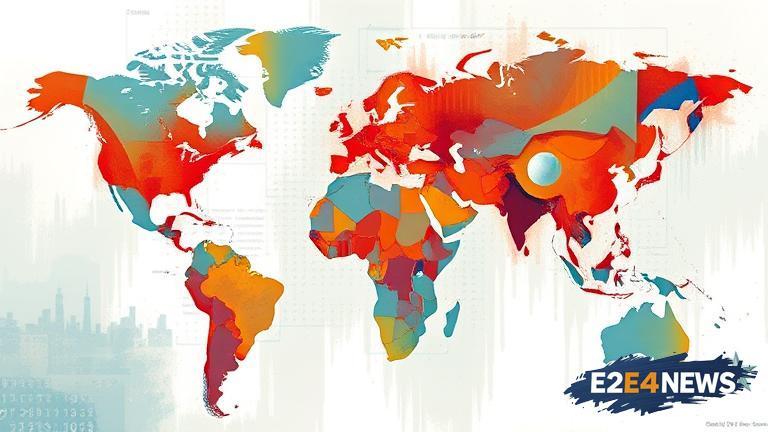The concept of data exclusivity in the pharmaceutical industry has been a topic of debate in recent years. Data exclusivity refers to the exclusive rights granted to pharmaceutical companies to prevent generic drug manufacturers from using their clinical trial data to obtain regulatory approval for their own versions of the drug. While data exclusivity is intended to incentivize innovation and investment in research and development, it can also have significant consequences for global health. By limiting access to affordable medicines, data exclusivity can exacerbate existing health disparities and hinder efforts to combat diseases such as cancer, HIV, and tuberculosis. Furthermore, data exclusivity can also lead to higher drug prices, making it difficult for patients to access the medicines they need. The World Health Organization (WHO) has expressed concerns about the impact of data exclusivity on public health, citing the need for a balanced approach that promotes innovation while also ensuring access to essential medicines. In addition, data exclusivity can also stifle competition in the pharmaceutical industry, leading to a lack of innovation and higher prices for consumers. The European Union has implemented regulations to limit the scope of data exclusivity, while the United States has taken a more permissive approach. The implications of data exclusivity are far-reaching, with potential consequences for patients, healthcare systems, and the pharmaceutical industry as a whole. As the global community continues to grapple with the challenges of data exclusivity, it is essential to consider the potential risks and benefits and to develop policies that promote innovation while also ensuring access to affordable medicines. The use of data exclusivity can also lead to a lack of transparency in the pharmaceutical industry, making it difficult for regulators and patients to make informed decisions about drug safety and efficacy. Moreover, data exclusivity can also limit the ability of researchers to conduct independent studies and analyses, which can hinder the development of new treatments and therapies. The pharmaceutical industry has argued that data exclusivity is necessary to recoup investments in research and development, but critics argue that this approach can lead to abuse and exploitation. The impact of data exclusivity on global health is a complex issue, requiring a nuanced and multifaceted approach. It is essential to consider the potential consequences of data exclusivity and to develop policies that promote innovation while also ensuring access to affordable medicines. The WHO has called for a more balanced approach to data exclusivity, one that takes into account the needs of patients, healthcare systems, and the pharmaceutical industry. As the debate over data exclusivity continues, it is essential to prioritize the needs of patients and to develop policies that promote access to affordable medicines. The use of data exclusivity can have significant consequences for patients, particularly those in low- and middle-income countries, where access to affordable medicines is already limited. The pharmaceutical industry must be held accountable for its actions, and regulators must take a more active role in ensuring that data exclusivity is not used to exploit patients or limit access to essential medicines. Ultimately, the goal of data exclusivity should be to promote innovation and access to affordable medicines, not to hinder it. By taking a more balanced approach to data exclusivity, we can ensure that patients have access to the medicines they need, while also promoting innovation and investment in research and development. The future of global health depends on our ability to navigate the complex issues surrounding data exclusivity and to develop policies that prioritize the needs of patients. As we move forward, it is essential to consider the potential consequences of data exclusivity and to develop a more nuanced and multifaceted approach to this complex issue.
